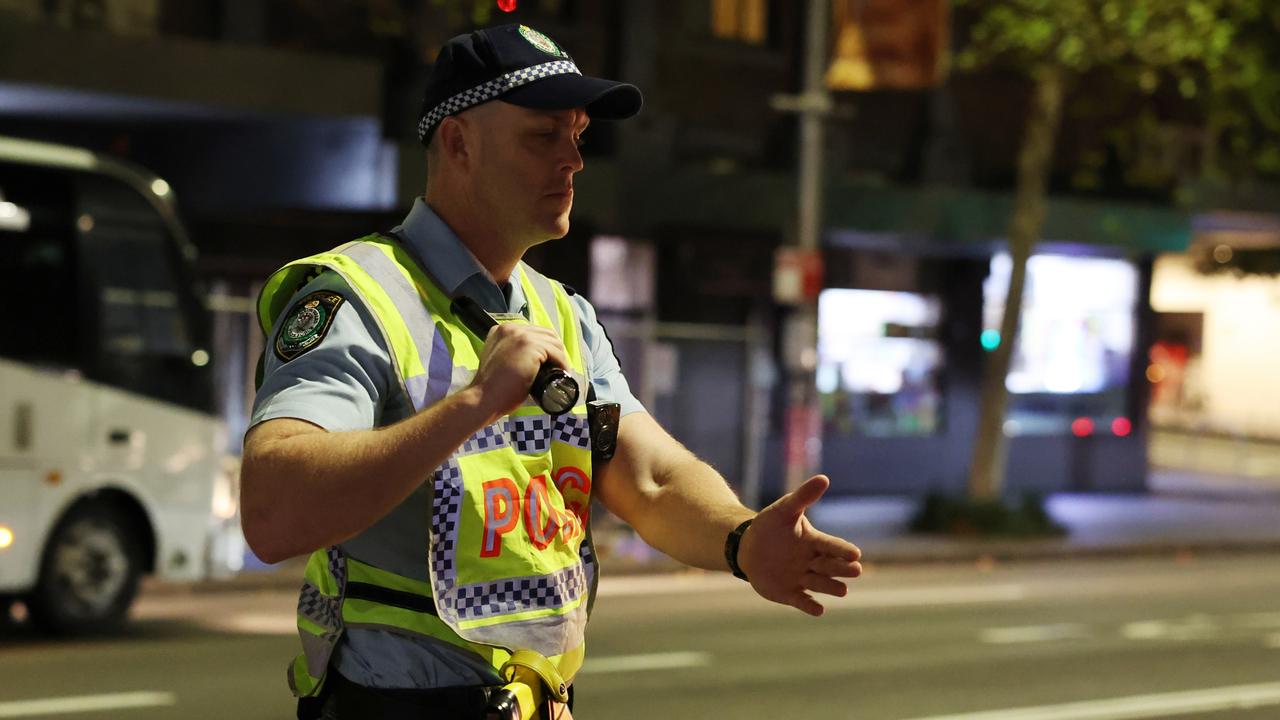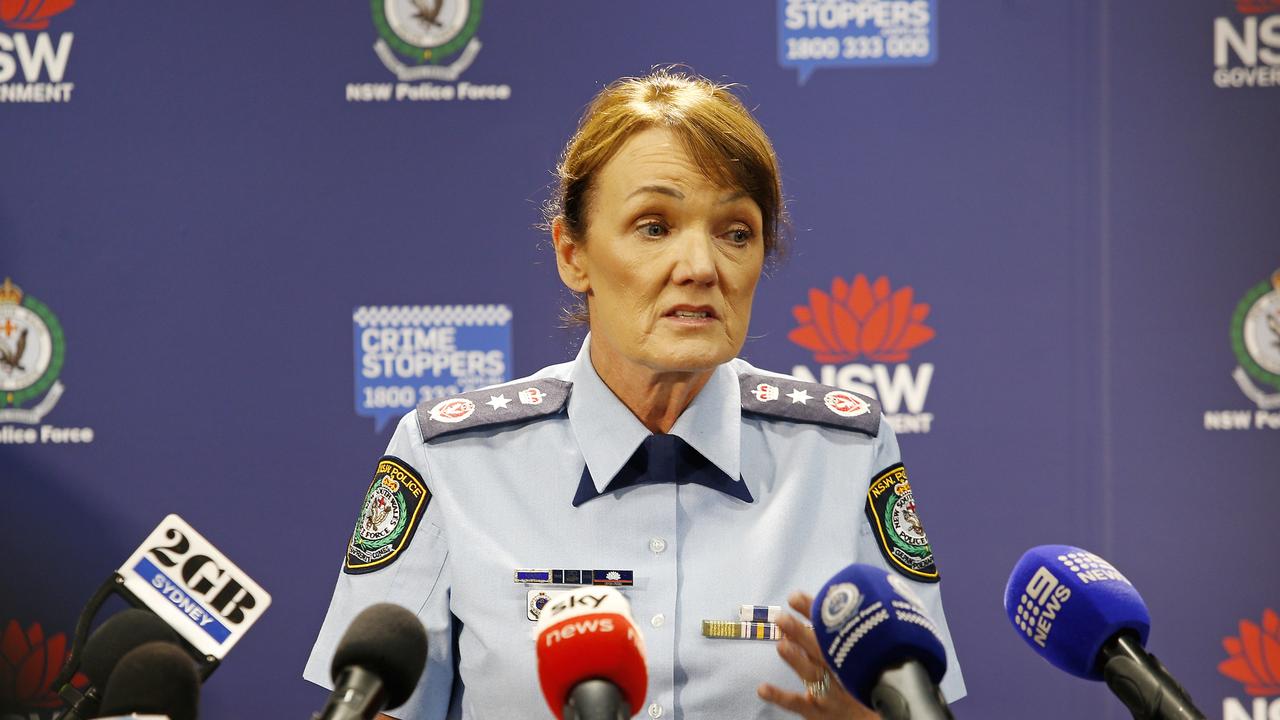Police make bombshell call on RBTs
Police officers have reportedly made a very tough decision on random breath testing due to chronic staff shortages.
Police are refusing to carry out random breath testing across parts of Sydney due to chronic staff shortages.
Multiple commands across the city have had to forgo doing RBTs recently, including during high-risk periods such as long weekends and Friday and Saturday nights.
Despite soaring deaths linked to drink driving in NSW, it is understood police officers cannot carry out the operations because it would mean they cannot respond to emergencies at the same time.
NSW Police Commissioner Karen Webb said she was aware of recent motions passed at various Police Association branch meetings for operational police to focus on core policing duties.
“I want to reassure the community that there will be no risk to the public, and any matters that require an urgent police response will be responded to as normal,” she said.

The NRMA has raised concerns over the move — as those being breath-tested are at their lowest since figures became available in 2008.
“We’re concerned about the road toll and the number of deaths attributed to drink-driving, so what we want to see is an increase in RBTs not a decrease,” NRMA spokesman Peter Khoury said.
He said he understood there’s staffing issues within police forces but that RBTs are crucial in keeping the public safe.
“RBT is so critical because it’s the only measure that can protect the community from drink drivers,” he said. “It’s the only way to get them off the road and the more we see them on the road — whether that’s in the city or in more suburban locations — the less likely people are to take that risk. Because if people think they are going to get caught they won’t get behind the wheel.
“It’s not about revenue raising. People who are caught lose their license and we want to keep that social stigma around drink driving, and we want people to check their behaviour.”
Commissioner Webb said the NSW Police Force will continue to work with the Police Association and the NSW Government to “ensure our officers are able to fulfil their core function of maintaining public safety”.
“However, significant work is also being done internally to reduce the demand on frontline police,” she said.
“This includes Project Aventus, an ongoing piece of work by the Transformation Office, which is looking to identify tangible changes to make police taskings more manageable in the short term.

“This includes work to ascertain whether jobs are appropriately triaged and allocated to police, and whether other agencies may be more appropriate in certain circumstances.
“Further, I recently asked the Executive team to hold high-level discussions on potential strategies to relieve the pressure on frontline police and report back to me with possible solutions.
Recently the NSW Government released a review of the NSWPF response to mental health incidents in the community.
“The NSWPF report notes that the high volume of police deployment to mental health incidents has flow on impacts to other community safety issues, and potentially limits the resources of police to respond to other matters,” Commissioner Webb said.
“It also acknowledges that while police are best equipped to respond to incidents involving criminality and public order, other health professionals are able to provide more appropriate care for people experiencing mental health crises.
“The report explores a number of alternative models of response, with particular attention paid to the ‘Right Care, Right Person’ model.”
The NSWPF and the NSW Ministry of Health have now set up a working group of senior officials to consider the findings of the report and develop options for future change.
“Further, I have announced a number of reforms in conjunction with the NSW Government aimed at boosting recruitment levels and increasing operational capacity across the organisation,” she said.
“This includes paying recruits who are studying at the Police Academy, the Professional Mobility Scheme aimed at attracting officers from other states, and enticements such as ‘You Should Be A Cop In Your Hometown’ which allows potential recruits to return to their hometown to work.
“Since paid recruitment was announced on October 31 2023, application numbers have increased by 54 per cent. We currently have over 300 recruits at the Academy who will attest in December, with another 350 due to attest in the April class.”
Originally published as Police make bombshell call on RBTs



